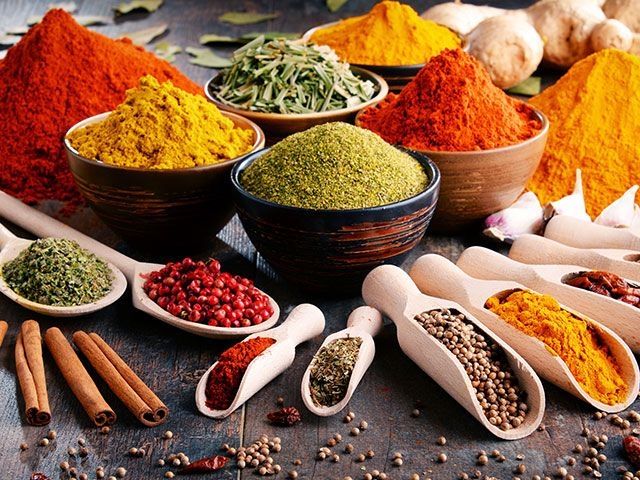Spices Exporters: Driving Global Culinary Excellence

Spices exporters have played a significant role in shaping global trade for centuries, bringing distinct flavors, aromas, and medicinal benefits to various cuisines and cultures. The spices export industry continues to thrive, connecting producers with international markets and fueling a growing demand for high-quality, sustainably sourced spices.
The Global Spice Market
The global spice trade is a multi-billion-dollar industry, with key players including India, Vietnam, Indonesia, China, and Sri Lanka. These countries dominate spice production and export due to their favorable climatic conditions, rich agricultural heritage, and advanced processing techniques.
Key Exported Spices
-
Black Pepper – Known as the ‘King of Spices,’ exported widely from India, Vietnam, and Indonesia.
-
Turmeric – Prized for its medicinal properties, primarily exported from India.
-
Cinnamon – Sri Lanka leads the export of premium-quality cinnamon.
-
Cardamom – A highly sought-after spice, mainly exported from Guatemala and India.
-
Cloves – Produced mainly in Indonesia and Madagascar.
-
Cumin – India and Iran are major suppliers.
-
Paprika & Chili – Popular exports from China, India, and Mexico.
Role of Spices Exporters
Spices exporters act as intermediaries between farmers and international buyers, ensuring compliance with quality standards, sustainable sourcing, and timely delivery. Their role involves:
-
Quality Assurance – Implementing strict quality control measures to meet international standards such as ISO, HACCP, and organic certifications.
-
Processing & Packaging – Utilizing modern technologies to enhance shelf life and maintain flavor potency.
-
Logistics & Distribution – Efficient supply chain management to ensure timely global shipments.
-
Sustainability Practices – Encouraging organic farming and fair-trade practices to support farmers and protect the environment.
Challenges in the Spice Export Industry
Despite its lucrative prospects, the spices export industry faces several challenges:
-
Adulteration & Quality Issues – Ensuring purity and authenticity in exported products.
-
Stringent Regulations – Meeting global standards for pesticide residues and microbial contamination.
-
Climate Change Impact – Affecting crop yield and quality.
-
Market Competition – Intense rivalry among exporters, leading to price fluctuations.
Future of Spices Exports
With rising consumer awareness regarding organic and ethically sourced products, the demand for high-quality spices is expected to grow. Technological advancements, improved logistics, and government support for agricultural exports will further strengthen the industry. Additionally, emerging markets in Africa and South America offer new opportunities for exporters to expand their global reach.
Conclusion
Spices exporters play a crucial role in delivering the world’s most cherished flavors to global kitchens. By embracing sustainable practices, adhering to quality standards, and leveraging technological innovations, the industry is poised for continued growth and success
- Questions and Answers
- Opinion
- Motivational and Inspiring Story
- Technology
- Live and Let live
- Focus
- Geopolitics
- Military-Arms/Equipment
- Segurança
- Economy
- Beasts of Nations
- Machine Tools-The “Mother Industry”
- Art
- Causes
- Crafts
- Dance
- Drinks
- Film/Movie
- Fitness
- Food
- Jogos
- Gardening
- Health
- Início
- Literature
- Music
- Networking
- Outro
- Party
- Religion
- Shopping
- Sports
- Theater
- Health and Wellness
- News
- Culture

